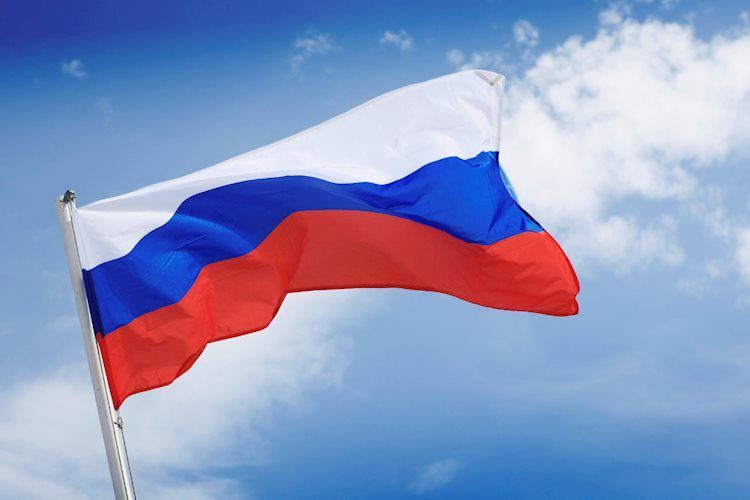European Union (EU) leaders are reportedly preparing to ban a wide range of goods from transiting through Russia or being transported in Russian-flagged ships. EU sanctions against Russia have been steadily increasing since 2014 when Crimea was annexed. These sanctions have targeted Russian individuals, companies, and sectors in various ways. However, the potential ban on transportation is seen as a significant escalation in the sanctions regime.
The EU’s sanctions so far have focused on the following key areas:
– Restricting access to EU capital markets for several Russian state-owned financial institutions, energy, and defense companies.
– Imposing an arms embargo and an export ban on dual-use goods for military use or for military end-users in Russia.
– Reducing Russia’s access to certain sensitive technologies and services that can be used for oil production and exploration.
These sanctions have been more or less successful in their objectives of pressuring Russia and hindering the nation’s economic growth. The Russian economy is expected to grow at its slowest pace in 2023 since the introduction of Western sanctions.
As tensions between Russia and the EU continue to escalate, the proposed ban on Russian transportation is seen as a significant new development in the European sanctions strategy. The ban would target a wide range of goods, essentially choking off their supply routes and further hurting the Russian economy. Additionally, banning the transportation of goods in Russian-flagged ships would hit the Russian shipping industry hard, as European ports are a significant destination for Russian-flagged vessels.
While the EU is preparing these new sanctions, Russian troops are said to be concentrating their efforts on conducting offensives toward Bakhmut, Avdiivka, and Marinka in Donetsk Oblast. Ukrainian troops have recently repelled 58 Russian attacks in these directions, according to military sources.
It is worth noting that the EU is not alone in imposing sanctions on Russia. The United States has also imposed several rounds of sanctions since 2014, targeting Russia’s energy, financial, and defense sectors, as well as high-ranking government officials and businessmen close to President Vladimir Putin.
The UK has also imposed asset freezes and travel bans on Russian individuals involved in the annexation of Crimea and the destabilization of Ukraine, as well as an export ban on dual-use goods for military use or for military end-users in Russia.
One of the key consequences of the sanctions imposed by the US, the EU, and other countries is the increasing isolation of Russia on the global stage. In the last few years, Russia has found itself excluded from several international platforms, including the Group of Eight (G8), which is now the G7.
The relentless focus on sanctions has sometimes been criticized for not being as effective as it could be. With each new round of sanctions, Russia has proven itself to be highly adaptive, finding ways to circumvent and adapt to the new economic realities. This has caused some observers to argue that more creative and targeted sanctions would be more effective at causing economic pain for Russia’s elites and increasing pressure on the Putin government.
As the EU prepares for this new round of sanctions, it will be crucial for leaders to consider not only the impact on the Russian economy but also to think carefully about the wider diplomatic and geopolitical consequences. The goal should not just be to impose economic pain, but also to push for positive change in Russia’s behavior on the international stage.
Ultimately, the effectiveness of the sanctions will depend on their ability to send a clear message to Russia that its actions in Ukraine and elsewhere will not go unanswered, and that the international community was prepared to act decisively to curb Russian aggression.
As Europe collectively takes a stand against Russia, the continent’s leaders must also work on diplomatic efforts and consider ways to encourage greater cooperation and collaboration with Russia on matters of pressing global concern. Isolating and punishing Russia is just one part of the equation – working towards long-term solutions that create stability and security across the region is the end goal.
In conclusion, the EU’s prospective ban on the transportation of goods through Russia marks a significant escalation in the sanctions regime against the country. This new addition to the Europe’s sanctions toolkit aims to pile more pressure on the Russian economy and send a strong message to the Putin government that its actions in Ukraine and beyond are unacceptable. However, lasting solutions to the region’s challenges will require diplomatic efforts, innovative thinking, and a commitment to encouraging positive change rather than simply punitive measures.


